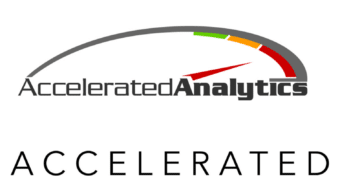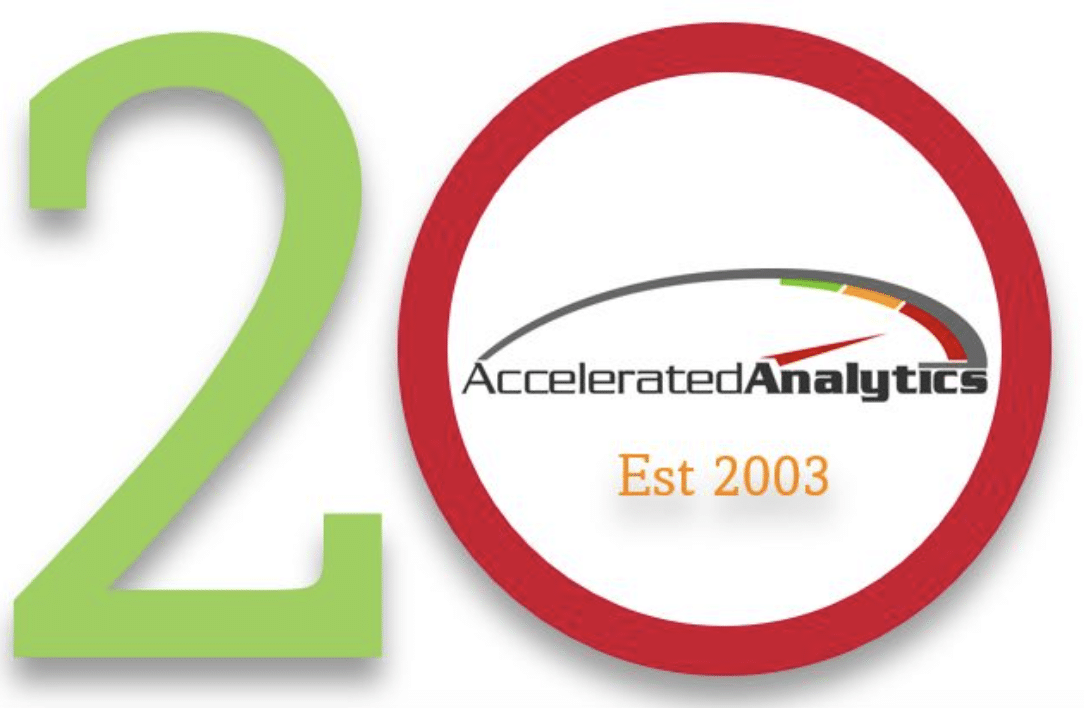What Is EDI?
EDI is an abbreviation for electronic data interchange.
EDI is an acronym for Electronic Data Interchange. EDI provides a standardized method of communicating data between businesses. The other businesses that you exchange data with would be considered your EDI trading partners.
Using EDI, businesses are able to send information digitally from one business system to another, using a standardized format. There’s a wide range of business systems that utilize EDI technology, allowing them to connect with e-commerce solutions, CMS, ERP, WMS, accounting software and more.
In the past, order processes, transactions and communications were done with paper or fax, EDI changed that. Today, it has become a key element for automating business processes.
EDI allows you to do things that couldn’t be done with paper or fax, allowing you to send digital information, data and transactions to other companies, leading to higher accuracy and fast communication speeds. Purchase orders are a great example to use, with EDI, we can digitally transmit purchase orders, invoices, advanced ship notices or other documents with EDI in a second.
EDI 101: What EDI Does
There’s a number of reasons why EDI services can help your company.
- Accuracate Data
- Efficient Data
- Supply Chain Network Integration
- Fast Order & Transaction Processing
- Faster Payments
- Less Needs For Paper
While all of these are great benefits, one of the most important advantages that EDI provides is that it makes your business EDI compliant. EDI compliance is required by many big box retailers in order for your business to conduct transactions.
EDI 101: How EDI Works
EDI works through the use of EDI transaction files. EDI transaction files will contain the pertinent information in a standardized format. There are many different EDI transaction files, each serving its own unique purpose.
For instance, the EDI 856 transaction file (also known as the Advance Ship Notice or ASN), serves to identify shipping information to a trading partner. B2BGateway outlines the many utilizations of the 856 transaction file in their blog article “Explaining EDI 856 Advance Ship Notice”. Some of its many useful purposes include:
- Who: carrier information
- What: items being shipped/how many
- When: when the package has shipped or will ship
- How: mode of transportation
You can utilize EDI services through an EDI provider, commonly known as a Value Added Network (VAN). The VAN is what will make your transactions EDI compliant. If they are integrated with your inventory management software, the EDI provider will work directly with your management software to process orders between you and your trading partners. The direct integration provides maximum unification in your supply chain processes.
Accelerated Analytics provides EDI 852 reporting. There’s a number of benefits retailers can gain thanks to their EDI 852 data. Just in case you don’t know what EDI 852 is, let us explain it like this. EDI 852 files are usually referred to as “product activity data” or “product activity report.”
A product activity report (EDI 852) is a document that highlights on 2 core factors:
- Gives you data on your current products and inventory
- It shows how your products are selling – Point of Sale or POS data
Now, while there’s a lot of data and insights you can get out of your EDI 852, the core data points are focused around;
- Item and Quantity sold in dollars
- Item and Quantity sold in units
- Quantity on hand (inventory)
EDI 852 data files are typically provided on a weekly basis. The biggest challenge is the fact that every unique retailer uses different formats, data descriptions, and codes. When you’re looking for an EDI partner, you’ll need to find EDI providers that include your specific retailer.


